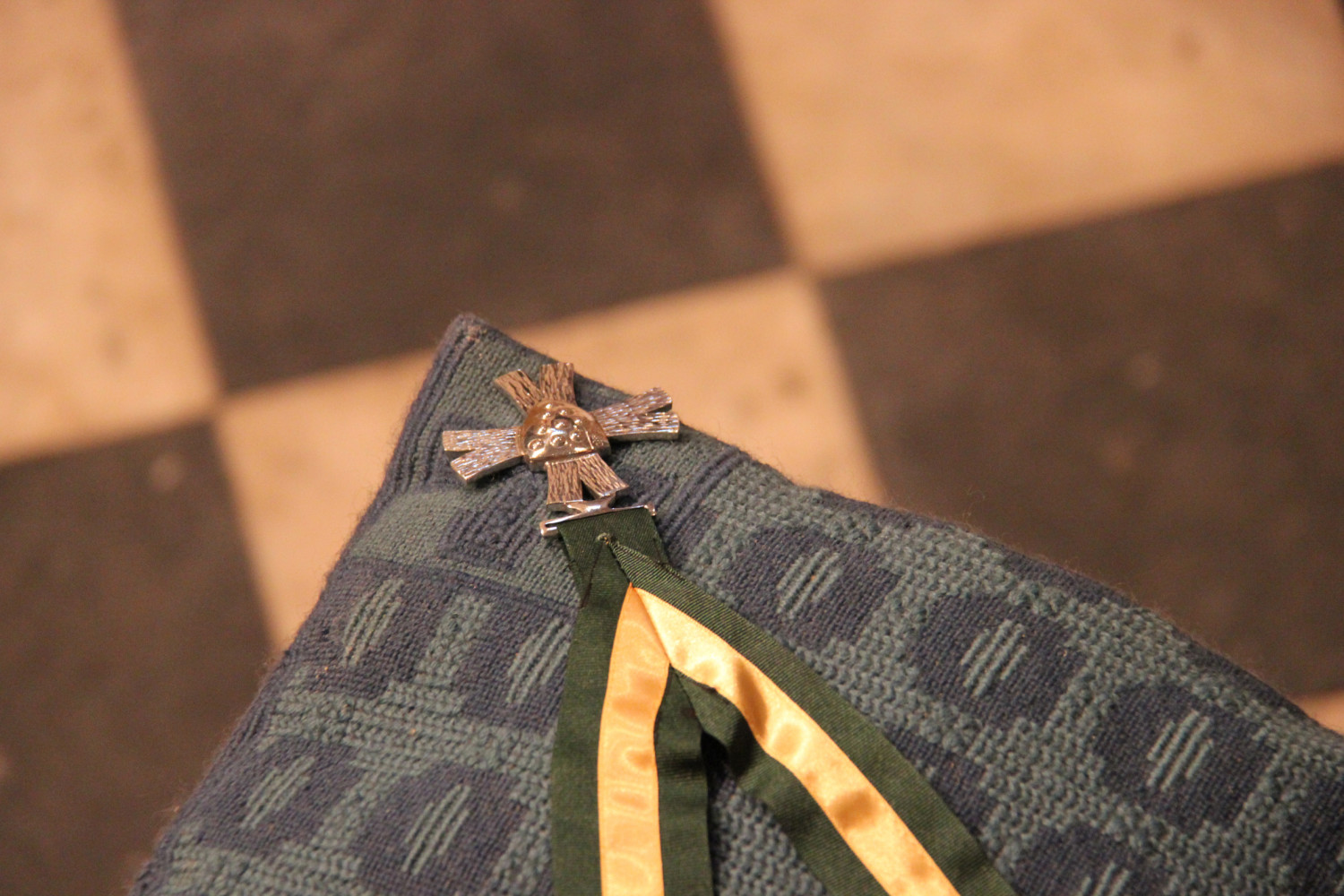 St Wulfstan’s feast day is on 19 January and each year, the Cross of St Wulfstan is awarded to individuals who have made an outstanding contribution to the life of the Church in our diocese.
St Wulfstan’s feast day is on 19 January and each year, the Cross of St Wulfstan is awarded to individuals who have made an outstanding contribution to the life of the Church in our diocese.
St. Wulfstan/Wulstan lived c. 1008 - 1095. He served as Bishop of Worcester under the last two Saxon kings and the first two Norman kings. After the Norman Conquest he was responsible for the dismantling of the old Saxon cathedral and the building of a new one, of which the crypt is the main part still surviving today. He was at once venerated as a saint by the people of Worcester, though he was not formally canonized until 1203.
Alongside the tomb of St. Oswald, his shrine was a place of pilgrimage until the Reformation. Wulfstan found a special place in local people’s affections. He took his pastoral duties very seriously, caring for the poor and preaching widely. He was famed for his healing and prophetic abilities. He even preached against the slave trade in Bristol, then part of his Diocese, and thankfully managed to end this
practise for a long while.

